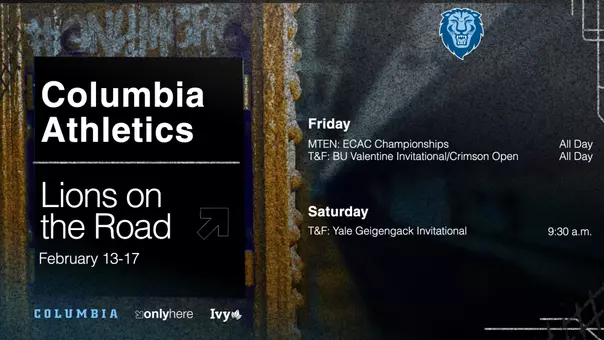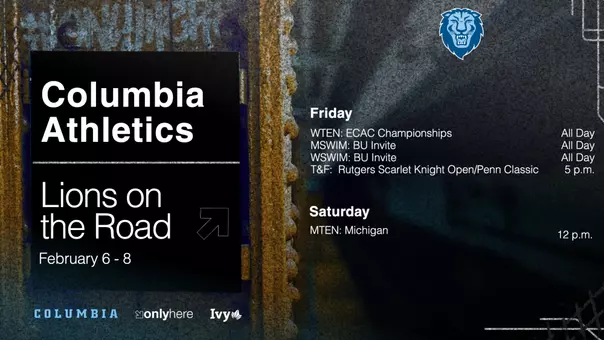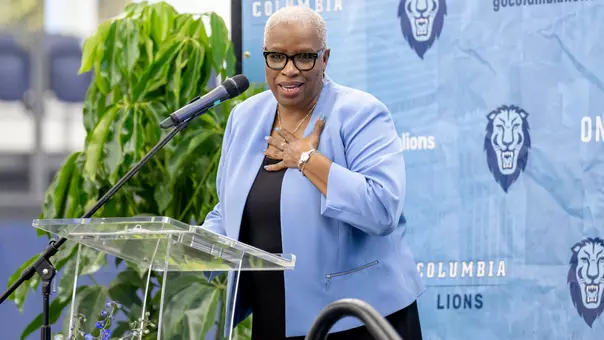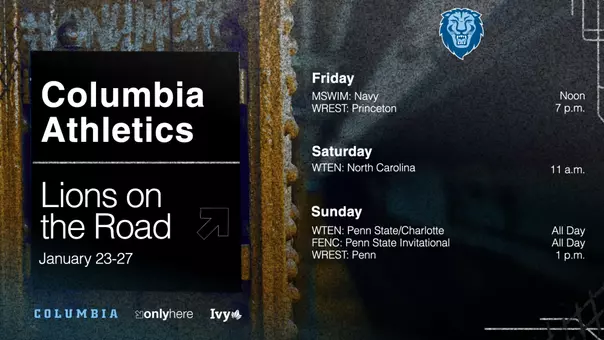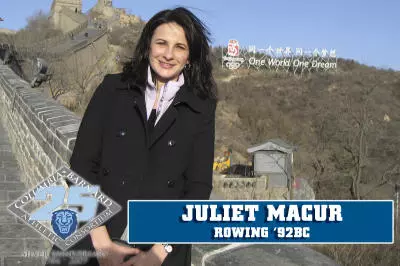
Silver Anniversary Honoree Profile: Juliet Macur '92BC
3/26/2009 12:00:00 AM | General, Women's Rowing
The 2008-09 year marks the Silver Anniversary of the Columbia-Barnard Athletics Consortium. In a year-long celebration, Columbia Athletics will pay tribute to the administrators, coaches and student-athletes who have brought distinction to Columbia Athletics. During the next few months, gocolumbialions.com will post profiles on the former student-athletes named to the "25 Most Influential" list and the Silver Anniversary honor roll. The next in the series is former women's rower and current New York Times writer Juliet Macur '92BC.
Juliet Macur became a rower at the beginning of her sophomore year at Barnard College in 1989 and continues to row, despite traveling to Iraq, China and reporting on a number of hot-button sports stories for the New York Times.
Led by a floormate to a prospective rowers' meeting at the end of their first year at Barnard, Macur soon got hooked on the water. She became a team captain as a senior, helping her team stick together in the face of a coaching change and an unusual amount of turnover on the roster.
“I hated getting up in the morning, and still hate it, but it was a great feeling being on the water,” Macur recalled. “I learned a lot about teamwork ? I was happy knowing that the women in front and behind me were suffering just as much as I was,” Macur said with a laugh.
As a reporter now, Macur can set her own schedule in the morning. She rows at nights during warm-weather months with the Capital Rowing Club in Washington, D.C. But Macur is far from a homebody. Recently, she traveled to Iraq to report on how American soldiers use sports as a diversion from the horrors of war.
Macur followed two soldiers whose duties were to defuse roadside bombs by day. Those soldiers then would play in a pickup basketball league at night.
She saw American soldiers who trained Iraqi allied forces, protective duties designed to keep their country safe and stable. After the training sessions, the U.S. and Iraqi soldiers would choose sides and play volleyball in the sand.
“It was great to see that fun part of life that gave them a chance to be normal,” Macur said.
Macur sees similarities in the diversions that sports provide for anyone, including rowers, past and present.
“On the water, I could forget about class and studying. We made an effort to keep our team together,” Macur stated. “In this age, it's great that you have that hour or so in the boat to have peace and quiet and a chance to challenge yourself outside of school.”

